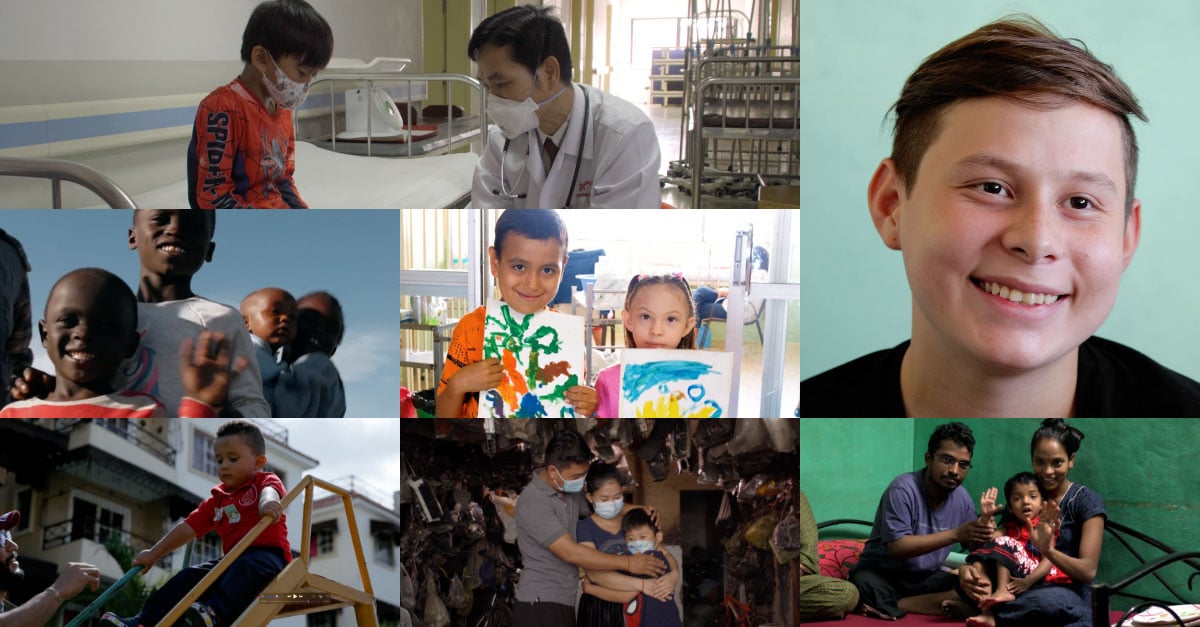Access to treatment is essential for people with a bleeding disorder (PWBD). While managing emergency acute bleeds with treatment products is an important first step, a predictable supply of donations is necessary to truly enhance the quality of life for PWBDs. Thanks to these donations, the WFH Humanitarian Aid Program has been able to provide a consistent and reliable supply of treatment products to those who need it most around the world. Where once a lack of factor led to an almost certain death, now prophylaxis is a reality for thousands of people—most of them children.

The impact of donations can’t be overstated. Countless lives have been saved and significantly improved. PWBDs have gone from having what amounts to a death sentences, to a chance at a normal life.
—Assad E. Haffar, MD, WFH Medical & Humanitarian Aid Director
As donations became more dependable and consistent, the program expanded to include training for healthcare professionals (HCPs) on the efficient and effective use of treatment products. Education initiatives were also launched to ensure that individuals with bleeding disorders receive the best possible quality of life.
It is remarkable to witness the extraordinary impact the enhanced WFH Humanitarian Aid Program has had on the lives of people living with hemophilia around the world. Through expanded access, lives are being transformed. The ability to introduce prophylaxis, provide corrective orthopedic surgeries and teach home-based care tangible examples of what the WFH is doing on the path to its vision of Treatment for All.
—Mark W. Skinner, board member, WFH USA
By providing support to communities, the WFH Humanitarian Aid Program has also bolstered national member organizations (NMOs). These organizations can now use data from their communities to demonstrate to governments the significant impact of consistent access to treatment—allowing them to enhance their advocacy efforts. This progress is a direct result of the generosity of WFH Humanitarian Aid Program sponsors like Sanofi and Sobi.
About the WFH Humanitarian Aid Program
The WFH Humanitarian Aid Program improves the lack of access to care and treatment by providing much-needed support for people with inherited bleeding disorders in developing countries. By providing patients with a more predictable and sustainable flow of humanitarian aid donations, the WFH Humanitarian Aid Program makes it possible for patients to receive consistent and reliable access to treatment and care. None of this would be possible without the generous support of Sanofi and Sobi, our Founding Visionary Contributors; Bayer, CSL Behring and Roche, our Visionary Contributors; Grifols, our Leadership Contributor; and Takeda and Japan Blood Products Organization, our Contributors. To learn more about the WFH Humanitarian Aid Program, visit www.treatmentforall.org.













